2015 Cascadian Cider Pilgrimage, Part 3
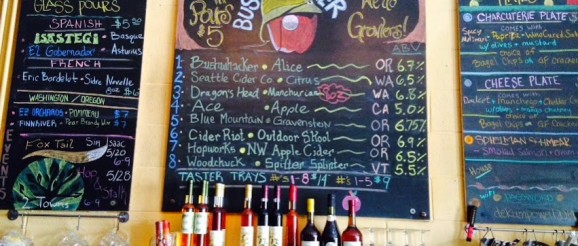
Gardens And Ciders
Our last day in Portland consisted of visiting two gorgeous locations within Portland–the Portland Japanese Garden and the International Rose Test Garden–and one tasty one: Bushwhacker Cider Bar.
Japanese Garden
The Portland Japanese Garden was the scenic highlight of our Seattle/Portland trip. It is an immaculately-groomed, authentic Japanese garden with such diversity of color and flora that was more beautiful than I can accurately describe. So I won’t. You’ll have to be content with some images…
One can easily spend hours in the garden. We did. It’s an experience not to be missed, and fills you with a sense of peace whether you’re looking for it or not.
As if that isn’t enough, it turns out that the rose test garden is only yards away from the entrance to the Japanese Garden, such that you can easily see both in one trip.
Rose Test Garden
They don’t call Portland the City Of Roses for nothing. The International Test Rose Garden consists of multiple tiers of rose beds and trellises, and more rose varieties than you can imagine. It’s open and accessible, with paths, benches (look for these between trellises filled with climbing roses), and a gift shop that gives away samples of rose petal tea.
If you don’t like roses, this place will scare the life out of you.
Here are some highlights:
Bushwhacker Cider Bar
Bet you were wondering when cider would come up in this post. Wait no longer…
Ancient history excepted, the word on the street is that Bushwhacker Cider Bar is the oldest cider bar in the U.S., having opened in 2010. That fact should give you some idea of just how young the current cider renaissance is. Since then, other noteworthy cider bars–for example, Capitol Cider in Seattle, Wassail in New York, and Scrumpy’s in Fort Collins–have opened, with plenty of room left in the market for more.
We visited the original Bushwhacker location–there are now two–on Powell Blvd. It sits in an eclectic area of town–east from downtown across the Willamette river–with a mix of traditional and funky new businesses in older, sometimes run-down commercial spaces. It has the feel of a neighborhood in transition. To what, I’m not sure, but whatever that it is, Bushwhacker fits right in.
The Venue
Bushwhacker feels like the slapdash, do-it-yourself hideout of a fictional band of cider guerillas. Chalk art abounds, as do coolers full of niche craft ciders, commercial cider art like posters for Original Sin cider, inexplicable cider-themed scarves hanging from the ceilings, and the chain-link fence that sits inexplicably in the back, guarding what I can only imagine to be the armaments the guerillas use to fight off their bland, mega-corporation enemies.
It’s a bit hard to describe, so have a look yourself:
Luckily, the guerillas had a friendly bartender (Brian?) on hand who accepted us into the fold and shared a diverse lineup of ciders with us.
Oh, by the way, apparently the cider guerillas’ theme music is apparently the eclectic mix of instrumental electronica that was playing in the background. Sure, why not? Makes about as much sense as the rest of it. But sense be damned–we were here for cider, and Bushwhacker did not disappoint.
The Ciders
We opted for a taster flight of all 8 of the ciders on tap. It was an interesting array, ranging from a house-made Granny Smith cider (Forgotten Trail) to ciders with crabapple (Manchurian), citrus, and oak. My favorites were Blue Mountain’s Gravenstein–with its crisp minerality–and Manchurian, by Dragon’s Head, whose Pippin Cider was my favorite cider of those I tried at Capitol Cider in part one of this series.
For more specifics around the ciders we tried, see my Untappd check-ins below:
- Forgotten Trail
- Citrus Cider
- Manchurian
- Joker Hard Cider
- Gravenstein
- Outdoor Skool
- NW Apple
- Spitter Splinter
As Bushwhacker was our last major cider tasting stop on this trip, I can summarize a bit here about the overall cider-tasting experience. The highlight for me was the various ciders made Newtown Pippin and Gravenstein–two distinctive American heirloom apples.
Sure, there were plenty of interesting, experimental ciders to be had as well, with ingredients ranging from citrus to basil to chili to mint to lemon to clove–but at the end of the day, cider is about the apple character, and the heirloom ciders–as well as the crabapple cider (Manchurian) were the ones who showcased that underlying apple character the best. Granted, this is because those apples have more character to showcase than the others, whose bland cider base requires some perking up with the above ingredients.
I don’t fault the cidermakers for the additive approach–I appreciate their experimental bent, and I know that it’s simply very hard to source the types of apples that make excellent cider without additions. Hopefully, the current cider renaissance will continue to drive more production of cider-specific varieties–and perhaps even the cultivation of new varieties altogether–and we’ll see more and more ciders coming online which showcase the apple flavor.
I’m excited to see that the U.S. industry isn’t just simply adopting the British or French cider apple varieties and cidermaking techniques–though we are adopting both and both are outstanding in their own right–but also utilizing our own varieties of heirloom and crab apples and developing our own techniques and approaches (cider through a hop infuser, anyone)?
Next Up: The Business Side of Hard Cider
Our last segment will detail my session at the Northwest Agriculture Business Center‘s Business Of Hard Cider class, in which I learned about the financing, taxation, labeling, and other challenges faced by startup cideries. You’ll also learn more about my new cider website.
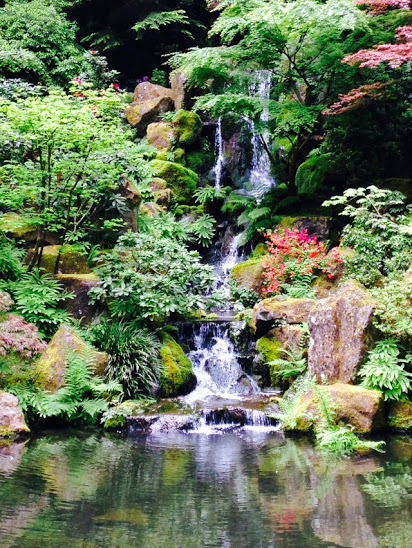
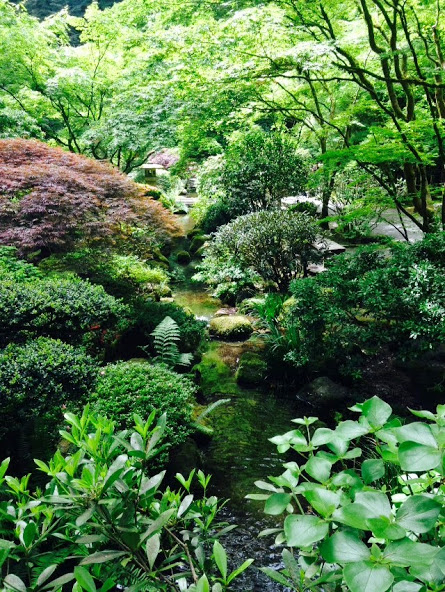
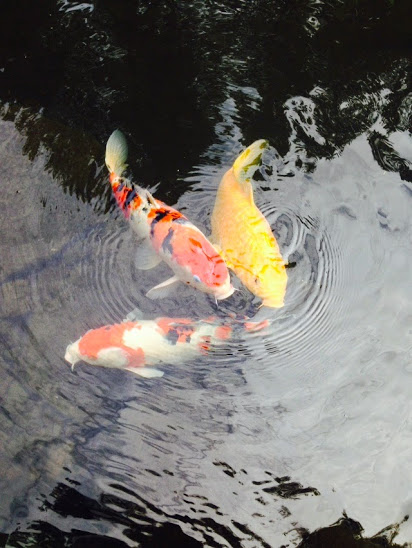
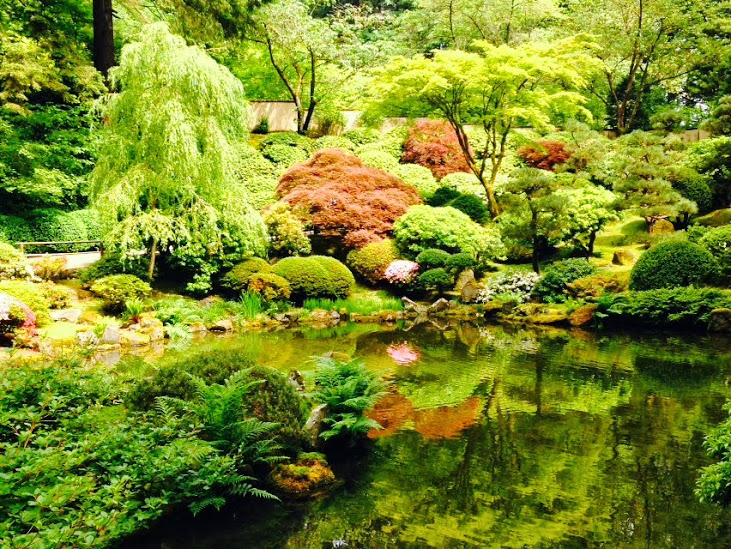
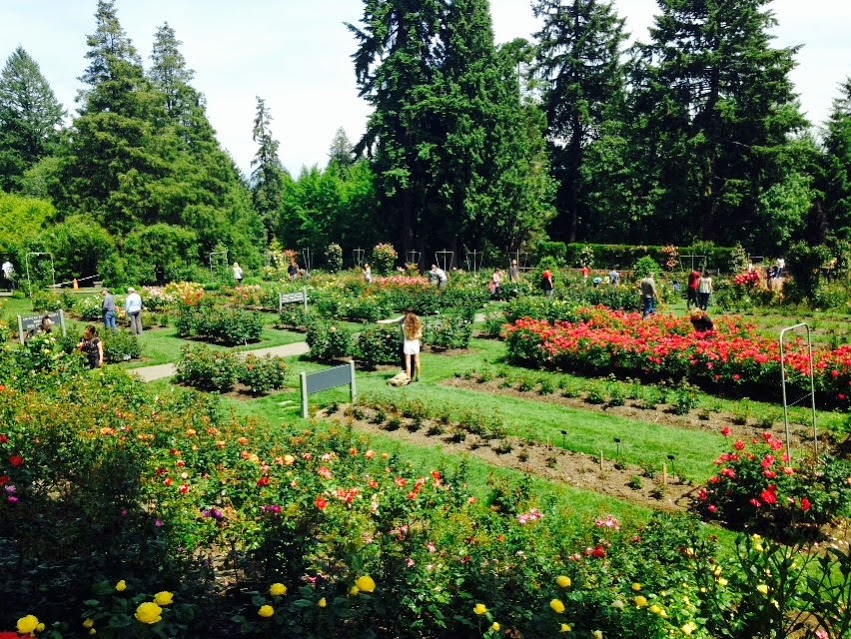
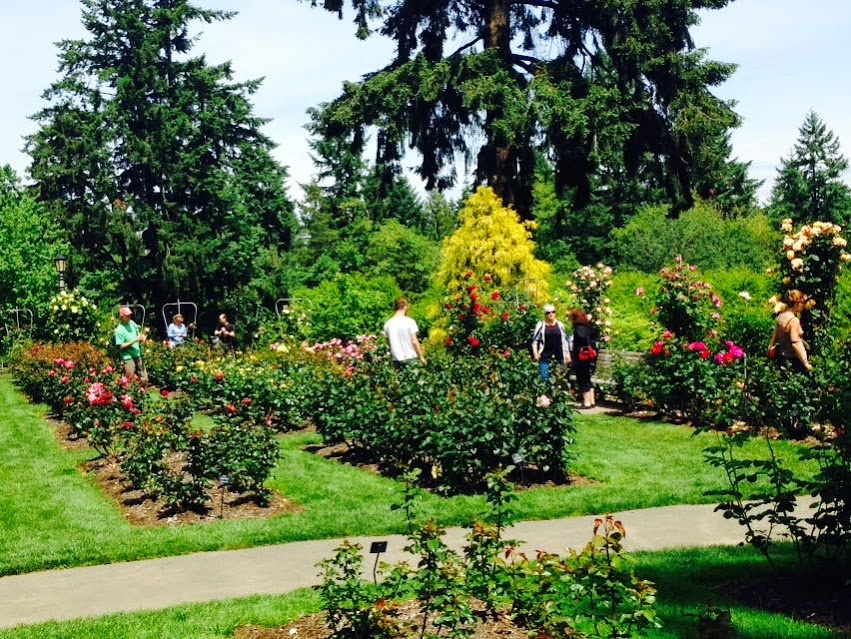
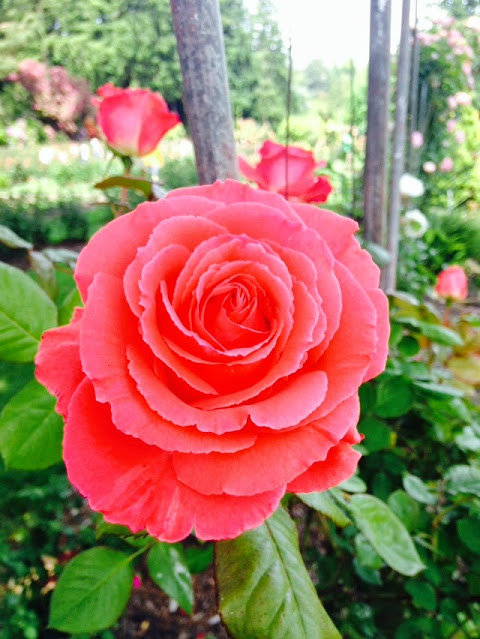
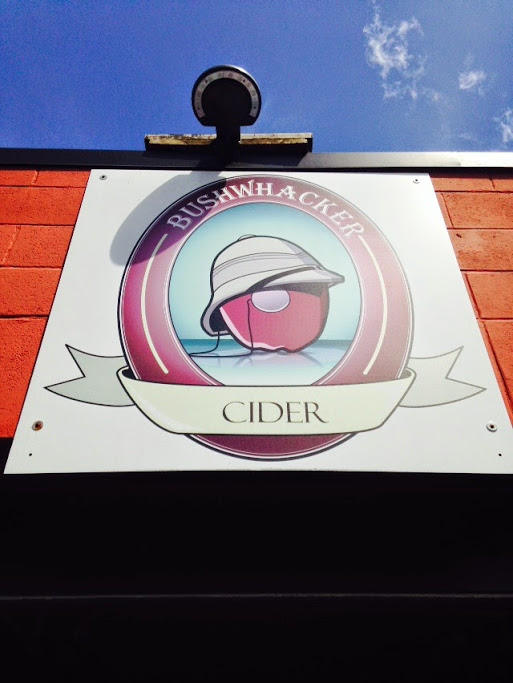
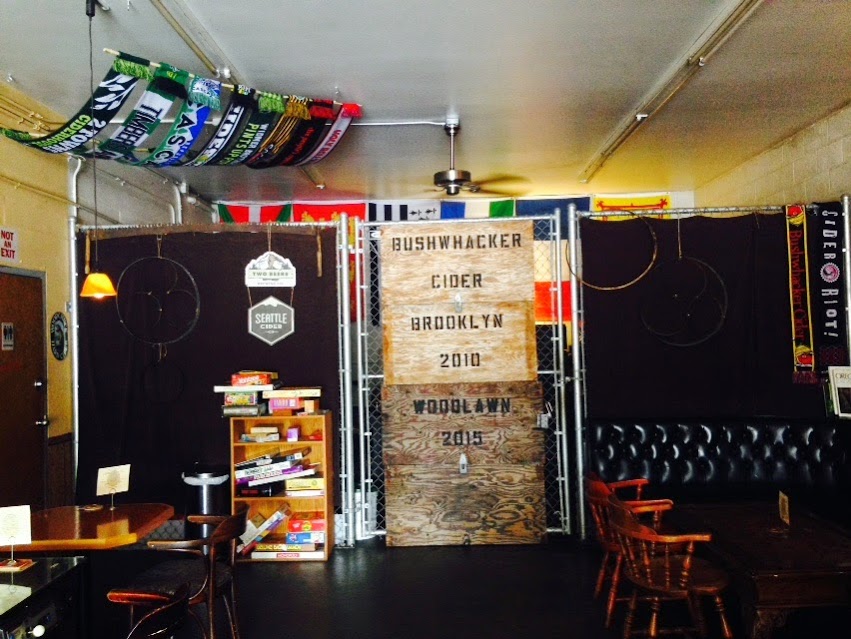
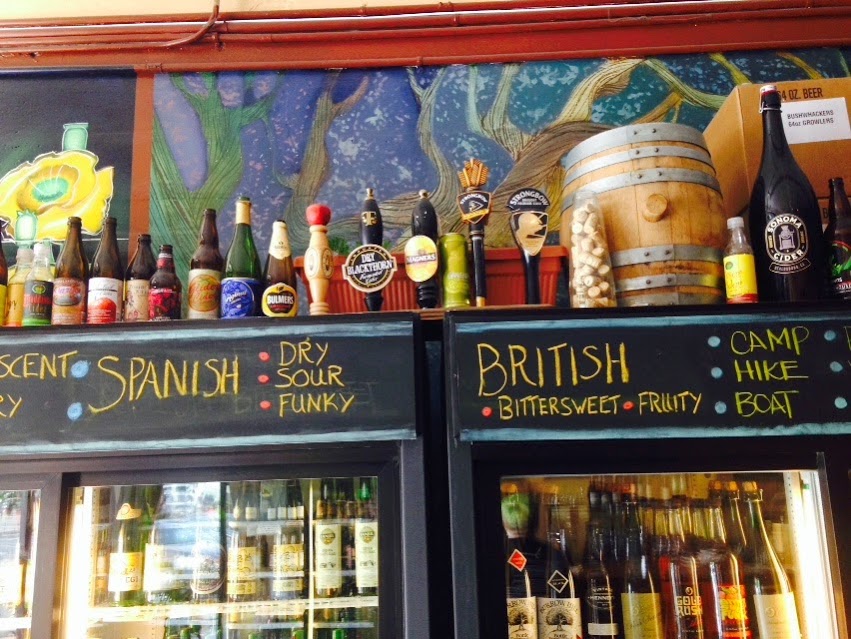

What an awesome trip! Thanks for sharing. I’ve been wanting to try something by Dragon’s Head, and will have to move it up my list…too many ciders, too little time (and money).
There is actually another cider bar in Seattle now, Schilling, which offers their ciders and many more (they actually have more taps than Capitol cider, 32 instead of 20), although they don’t have their own kitchen. Its at the top of my list to try out. Luckily I live in the Seattle area.
I’ve heard of Schilling, but didn’t realize they had that many ciders on tap. Guess I’ll have to add them to the list for the next time I’m in the area…